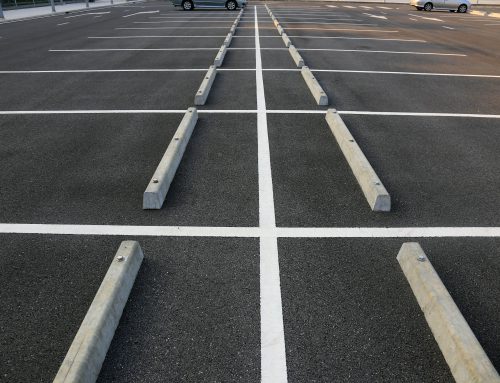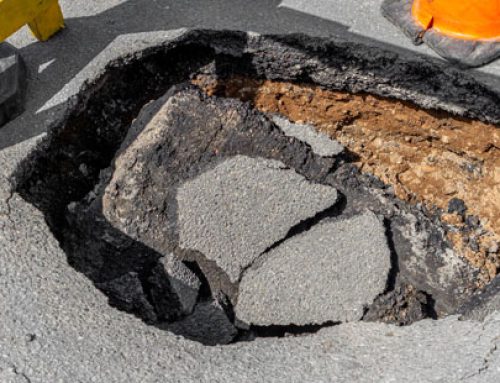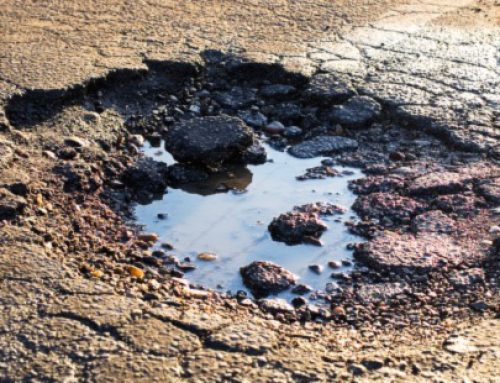Asphalt vs. Concrete vs. Cement
If you’re like most people, you probably haven’t given much thought to the difference between asphalt, concrete, and cement. Maybe to you asphalt means highways, concrete means parking garages, and cement means sidewalks.
The manufacturing process and applications for each are entirely different, though. If you’ve ever wondered about the characteristics of everyday pavement, this blog is for you!
Asphalt
Asphalt is a complex organic material made from petroleum. It’s black, sticky, and is found in natural deposits or as a refined product. Asphalt is known as ‘bitumen’ in some parts of the world.
Asphalt is most often used for roads because it’s cost-effective, flexible, and quick to use – you can usually drive on it the same day it’s laid. It comes in liquid form (used for sealing road joints) or as a semi-solid (most roads).
Fun Fact – Asphalt is America’s most recycled product – the asphalt industry recycles asphalt at a rate of 99%!
Read More: How is Asphalt Made?
Concrete
Concrete is a mixture of cement, sand, pebbles, or crushed rock and water. It’s primarily used to construct buildings since it has a very high ‘compressive strength’ – which means it can withstand excessive pressure and weight.
Even though it’s mainly used for large buildings, concrete is also used for roads. Why? Because it’s reflective and durable – and lasts much longer than other paving materials. And it’s more fuel-efficient to drive on. Raw concrete surfaces are usually porous and susceptible to chemicals like oil. However, finishes can be applied to protect these surfaces and improve their appearance.
Fun Fact – Built around 120 AD, the Pantheon in Rome is still the largest unsupported concrete structure in the world.
Cement
Cement is most commonly used with sand and gravel to produce concrete. Since cement acts more as a binder than a finishing material, it usually is not used on its own.
The cement used in construction is typically inorganic and made from lime or calcium silicate. It comes as either hydraulic or non-hydraulic, which indicates whether or not it will set when wet. Non-hydraulic cement must be kept dry in order to set, but it’s resistant to chemical spills after it has.
Hydraulic cement is activated by a chemical reaction between the dry ingredients and water – and, like magic, it can set underwater. This type of cement is also chemical-resistant.
Fun Fact – Cement is the most commonly used material in existence and is second only to water as the most-consumed resource on Earth!
Let Premium Asphalt Paving & Sealcoating Help with Your Next Paving Project
Our extensive range of services and experience enables us to work on a wide variety of residential and commercial projects. We work with asphalt, seal coating, excavation, various concrete applications, and much more! Contact us today for a FREE estimate, and let’s get started on your next paving project.








